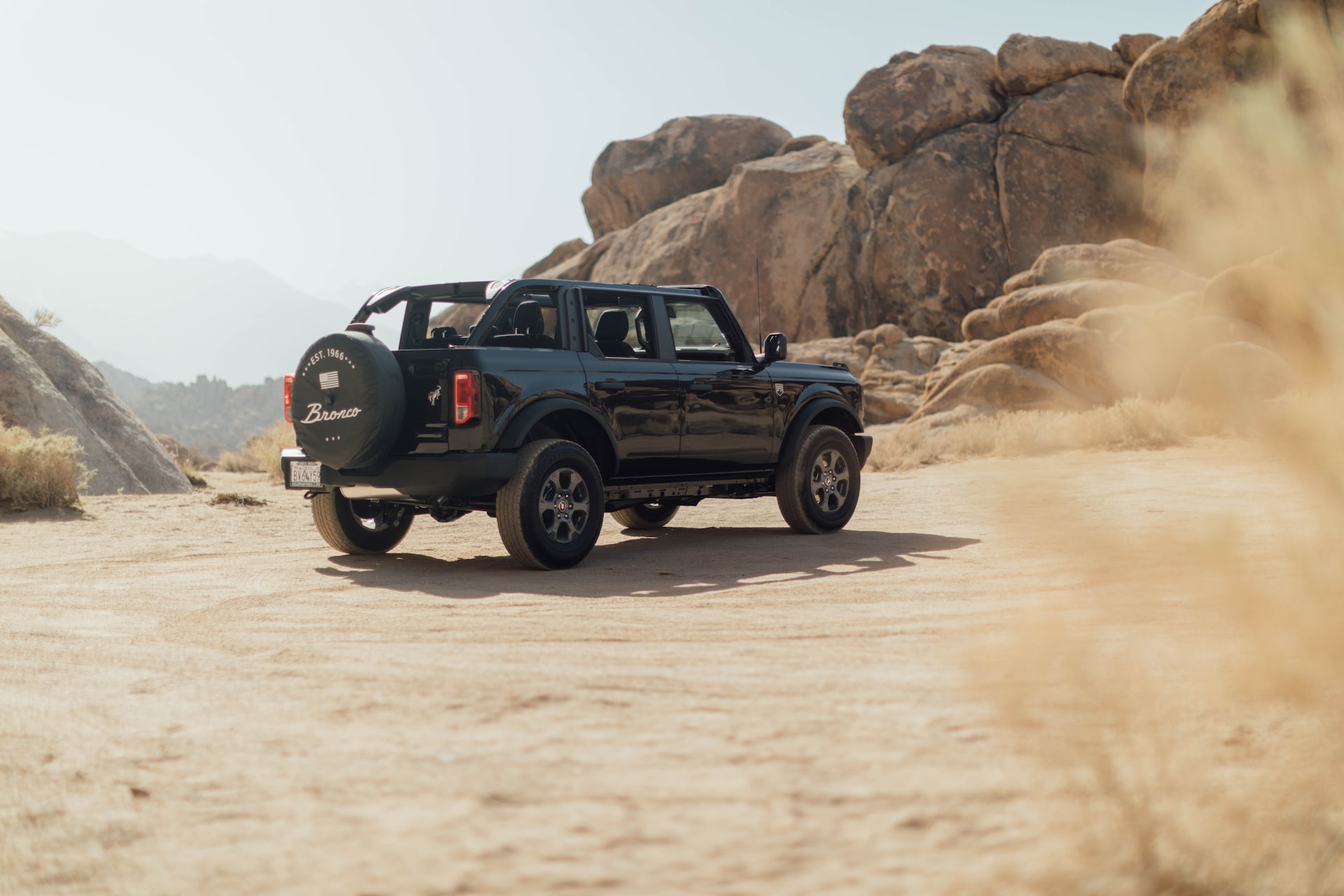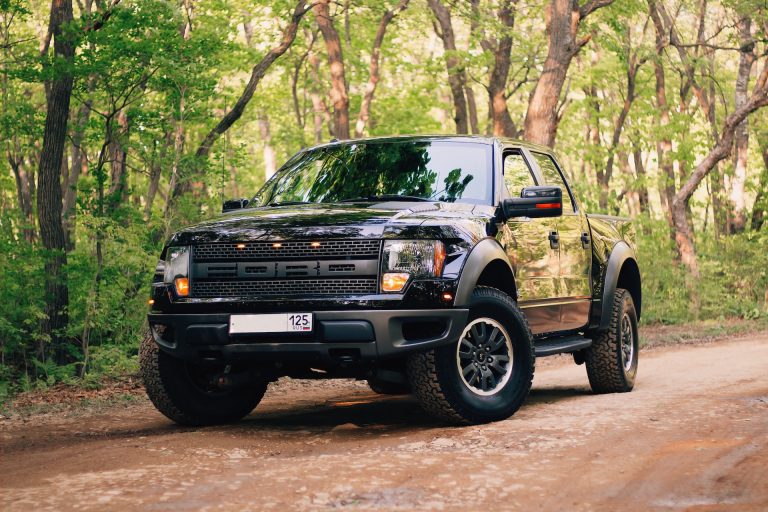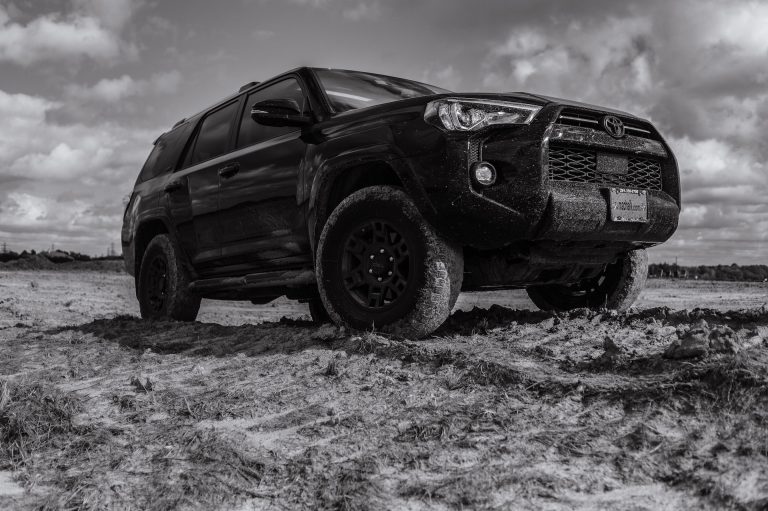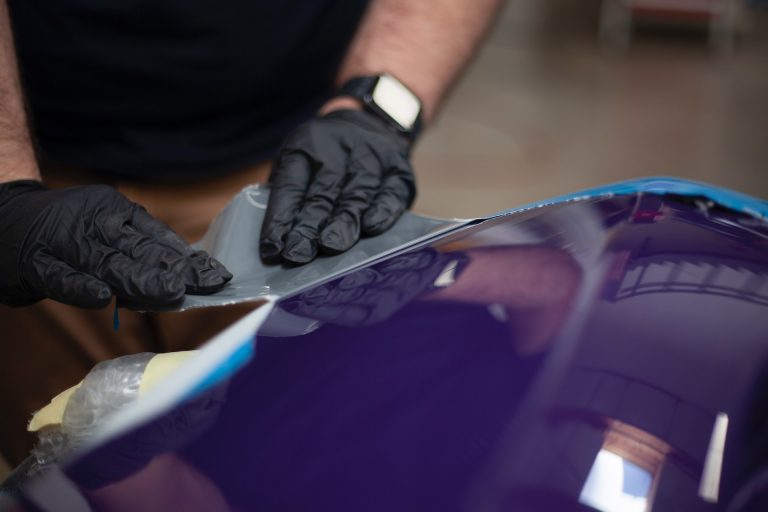Overlanding vs Off-Roading: What’s The Difference?
Overlanding and Offroading are two easy automotive terms to get mixed up. They both allow you to take on the outdoors and connect with nature. Understanding the difference between these terms can help you make the best vehicle purchase based on outdoor needs.
Are you stuck trying to figure out what Overlanding and off-roading are?
Here are the differences between these two off-roading cornerstones and how to make your decision.
Table of Contents
- What Kind of Outdoor Experience Are You Looking For?
- What Kind of Vehicles Can Go Offroading?
- What Kind of Vehicles Are Made For Overlanding
- Overlanding as a Lifestyle
- Expenses
- Off-Roading Regulations
- Overlanding Pros and Cons
- Off-Roading Pros and Cons
- Conclusion
What Kind of Outdoor Experience Are You Looking For?
As you look to understand the differences between off-roading and Overlanding, it depends on the type of outdoor experience you want. Some people like to go outdoors to explore dunes, rock crawling, hit dirt trails, ride through streams, whip through mud bogs, and climb steep hills. This outdoor experience is for those who want to make a short getaway from their busy lives and form a bond with nature.
Overlanding involves a long journey for several days or months and usually includes multiple destinations along the way.
The activities you want to participate in outdoors can help you determine which vehicle type will work best.
What Kind of Vehicles Can Go Offroading?
While some television commercials make the average person think that some vehicles can traverse all terrain types, it’s crucial to understand the capabilities of the vehicle you’re interested in. If you want to go off-roading, for instance, vehicles such as
- 4×4 Trucks
- Jeeps
- ATVs
- And UTVs have the capabilities to handle rugged trips outdoors.
Also, 4-wheel drive vehicles are generally best suited for off-roading as they have the traction and power to ride through unusual terrain and challenging weather conditions. But off-roading vehicles often need breaks, or you can shorten the vehicle’s lifespan if you push it too hard.
What Kind of Vehicles Are Made For Overlanding
Overlanding vehicles aren’t limited by needing breaks to avoid wear and tear. The design allows them to trek across many terrain types and challenging conditions. They can also take on journeys that last several days or months.
- Pickup Trucks
- Suvs
- Some Hatchbacks
- RVs
- Campers
Overlanding as a Lifestyle
Again, Overlanding vehicles allow their owners to enjoy extended time outdoors. Overlanding vehicles can give you access to cross-country trips, camping excursions, and other long-term outdoor adventures. The goal of Overlanding is to explore the world around you and take your time enjoying nature.
Going overland is for those who travel at their leisure, such as retirees, travel groups, and others. Overlanding can be a lifestyle where one can basically live on the road and still have all of their essential needs provided for.
Expenses
Overlanding and offroading can incur different expenses that drivers must be prepared to handle. One example is if you wish to take your overland vehicle to a national park or nature preserve, there are usually fees associated with parking overnight in these areas.
Also, if your overland vehicle does not come equipped with items to make your journey more comfortable, you’ll need to purchase these items on your own and modify the car to fit your needs. If you wish to go on a camping trip but don’t have a bed, cooking equipment, or other items, you can modify your overland vehicle to include these comforts. Also, Overlanding requires that you have supplies to meet your essential needs, like food, water, medications, and other items to help you have a good time safely.
Off-roading vehicles require their unique expenses that you must be prepared to handle. Some off-roading vehicles may come with different tires or a suspension that may not be what you’re looking for. Like an overland vehicle, you may have to modify your offroad vehicle to suit your needs.
Off-Roading Regulations
Another critical difference between off-roading and overland vehicles is the regulations they must follow. While many outdoor parks are off-road friendly, they must meet specific guidelines to get into the area. In some states, for instance, off-roading vehicles require special permits for use in designated areas and must strictly adhere to park guidelines.
Some park guidelines can include
- Staying in the designated off-roading area
- Having limits for engine noise
- Restrictions on night riding
- Having a spark arrestor
- Using a whip flag
- Only allowing ATV use during certain times of the year.
Another thing to consider when deciding between off-roading and going overland is that some states have strict laws against riding through protected lands. As overland driving involves more street use than heading into the woods, overland vehicles have a bit more.
Overlanding Pros and Cons
Overlanding can be a wonderful experience for you and your family. It can allow you to connect with the road and see things you may not get a chance to see under other circumstances.
You can venture into uncharted territory when Overlanding, leading to discoveries while on your adventure. It can also help strengthen your character as you rely on yourself, your supplies, and your navigation skills as you find your way around.
While Overlanding has many benefits, it can be costly, so it takes time to prepare for an extensive journey.
Off-Roading Pros and Cons
Going on an off-roading trip can be a fun, quick way to escape and enjoy the outdoors. Off-roading can help you bond with nature in a deeply immersive way. Crawling boulders, climbing steep hills, and tearing through mud pits can make for an exhilarating, one-of-a-kind experience.
But off-roading comes with its own set of challenges also.
While offroading can bring you closer to nature, you may not get to enjoy its benefits for longer than a day or two. Most ATVs, UTVs, and other off-roading vehicles aren’t designed to make long journeys but are for enjoying the outdoors for several hours at a time. So you may want to go with another option if you want to go a long distance.
But if your goal is to maximize your time outside, an off-roading vehicle may work well for you.
Conclusion
If you’re thinking about purchasing a vehicle to explore the outdoors, it’s crucial to understand the differences between Overlanding and off-roading. The two can be easy to confuse, but they boil down to the capabilities of your vehicle and how you intend to use it.
The best question to ask yourself after understanding the difference between these terms is how you want to go on your next adventure.







